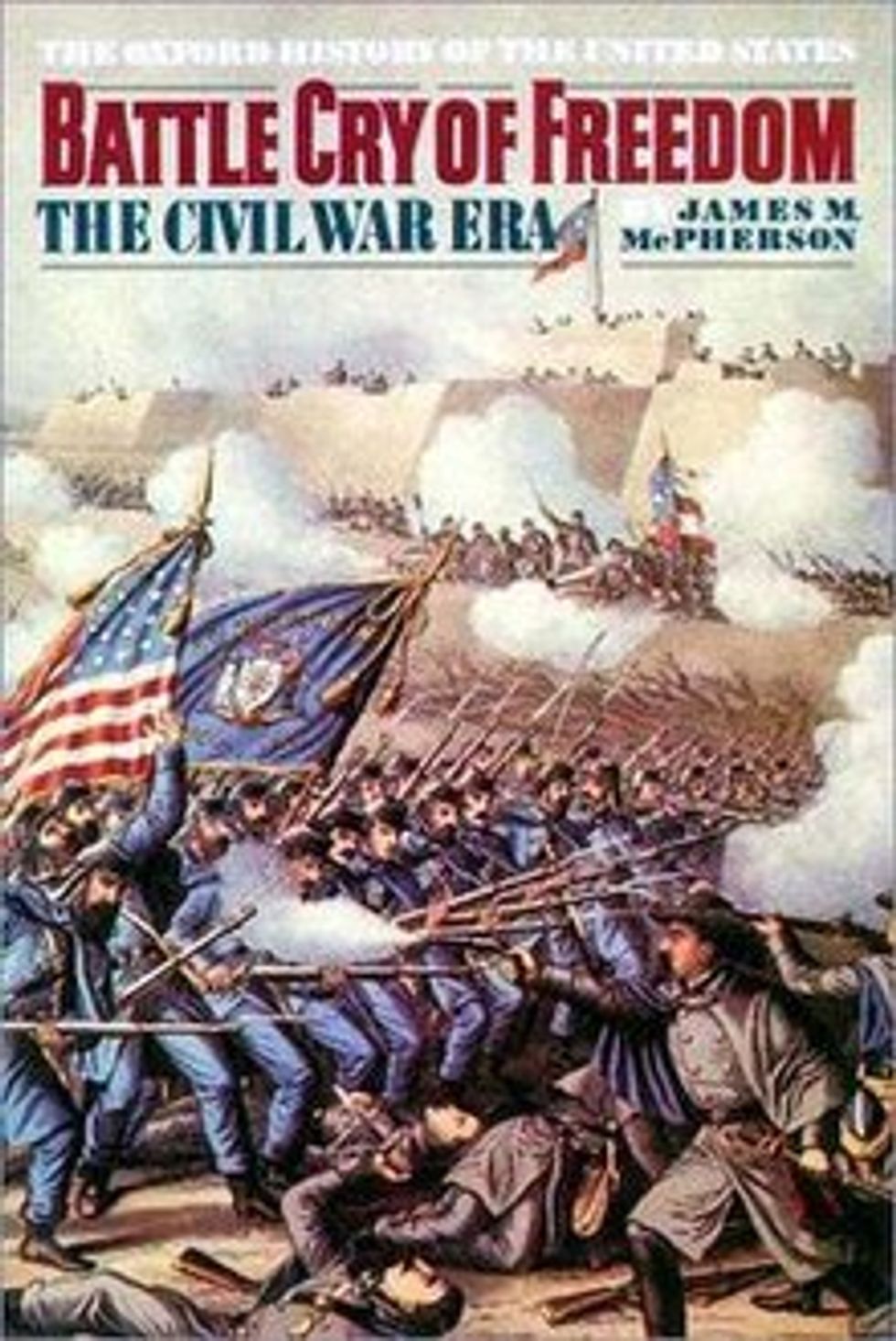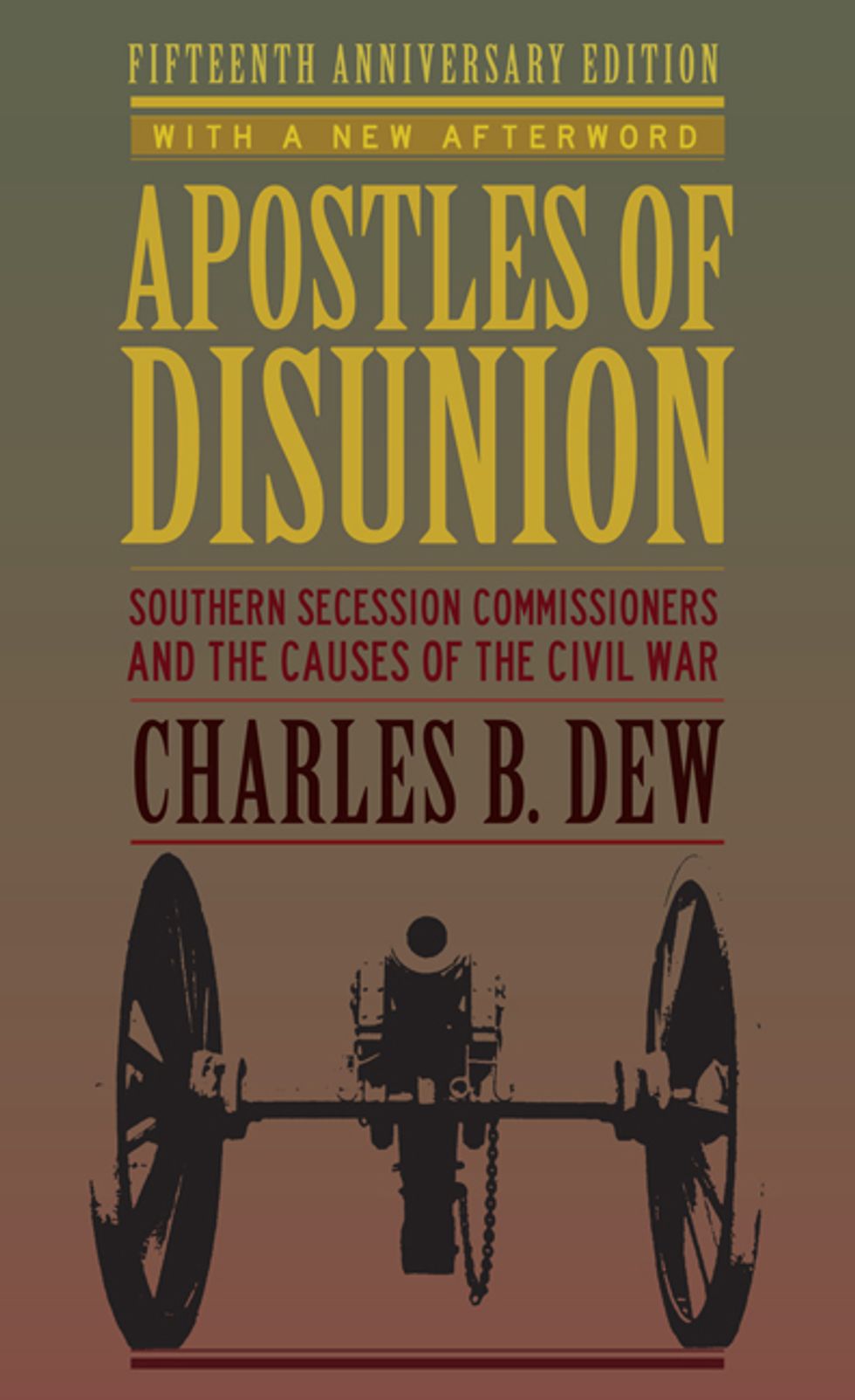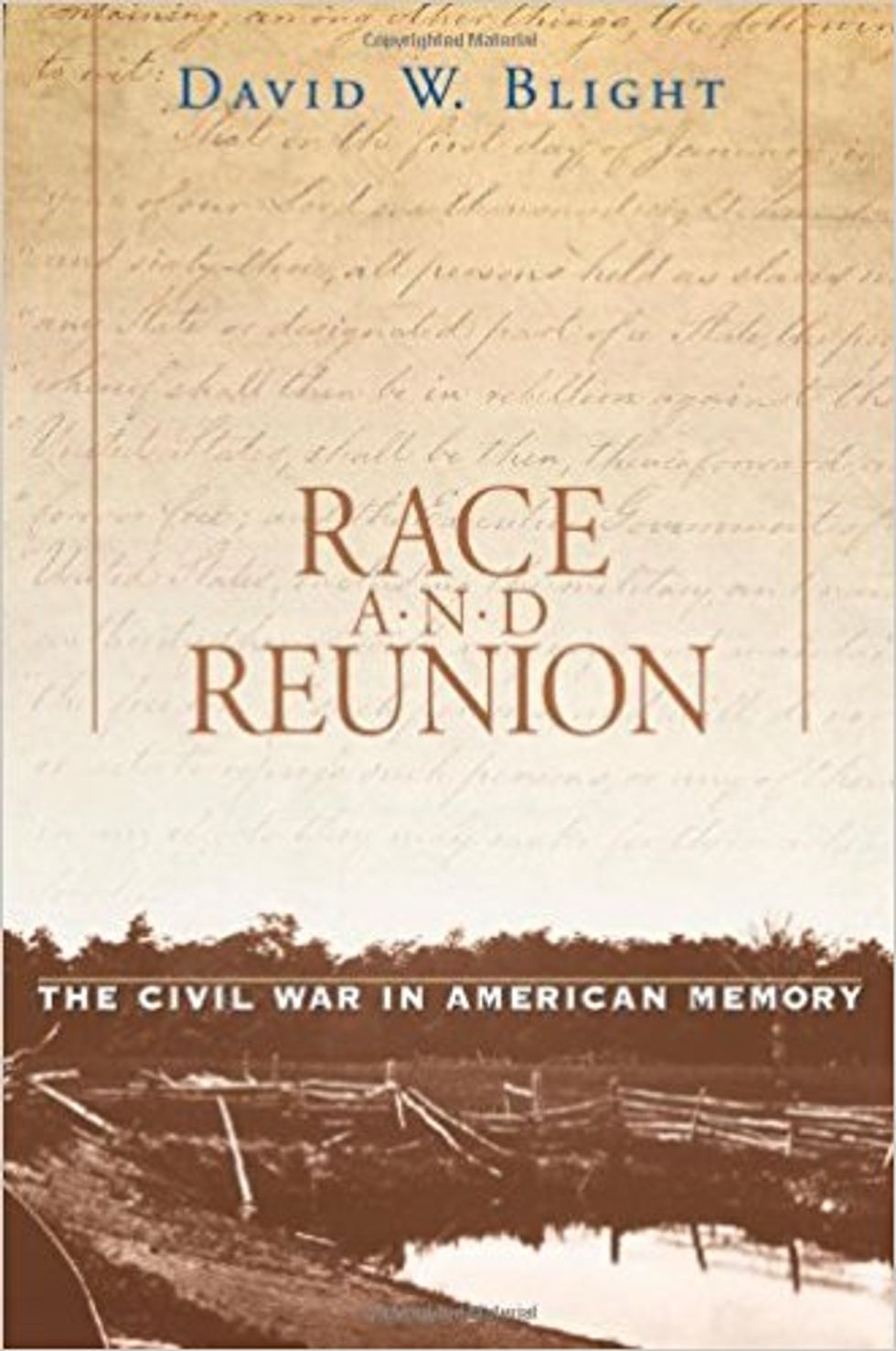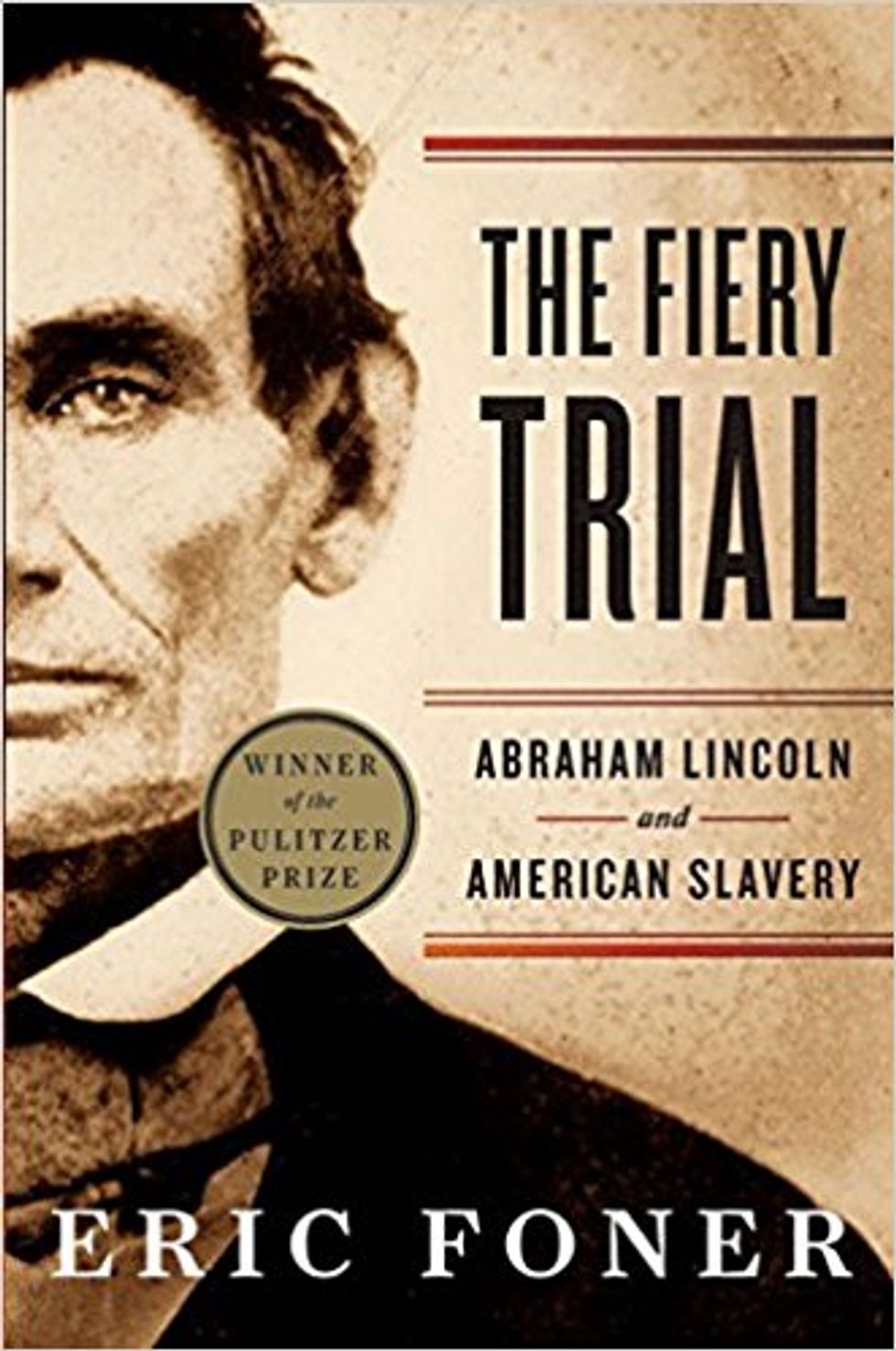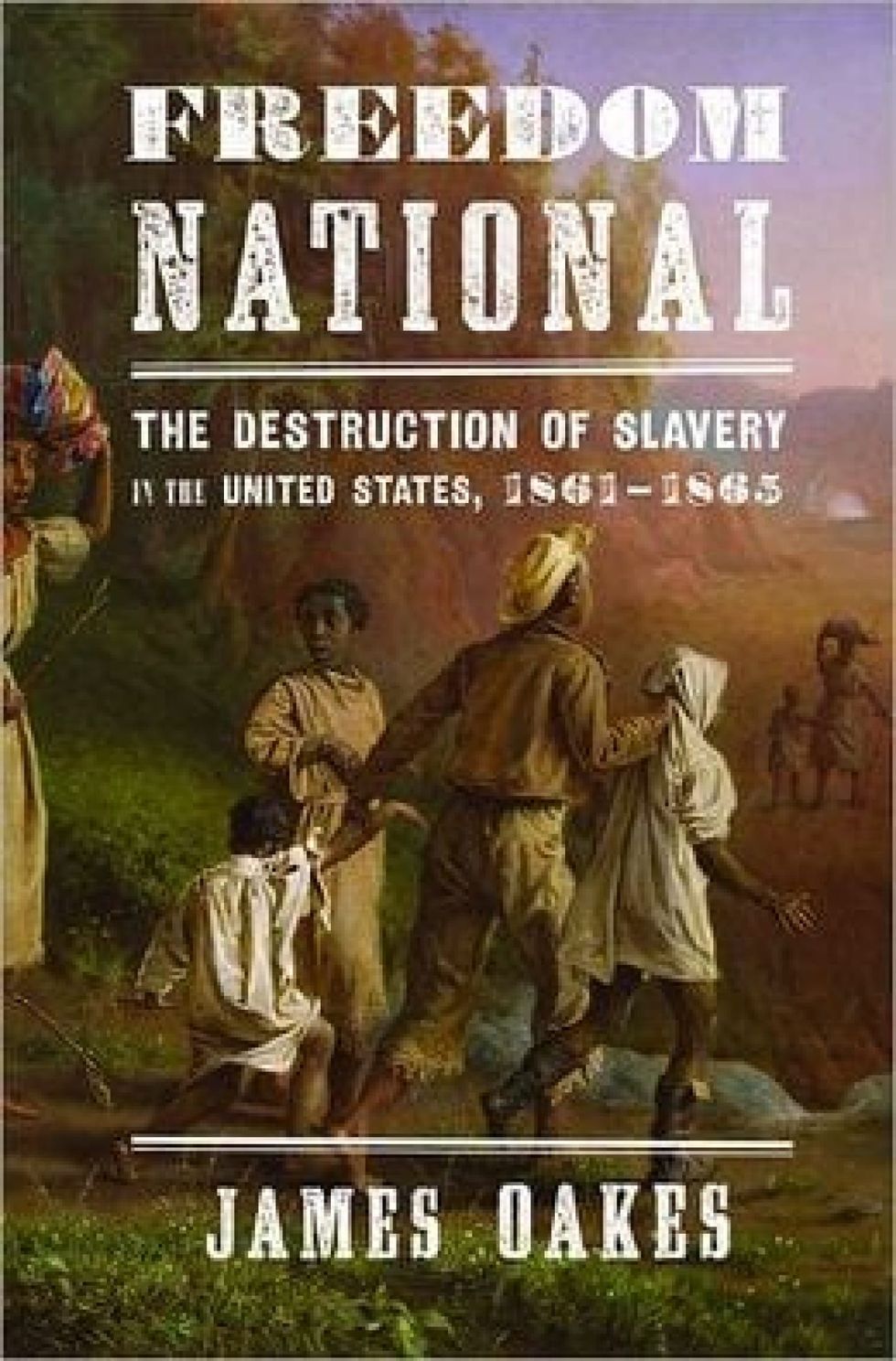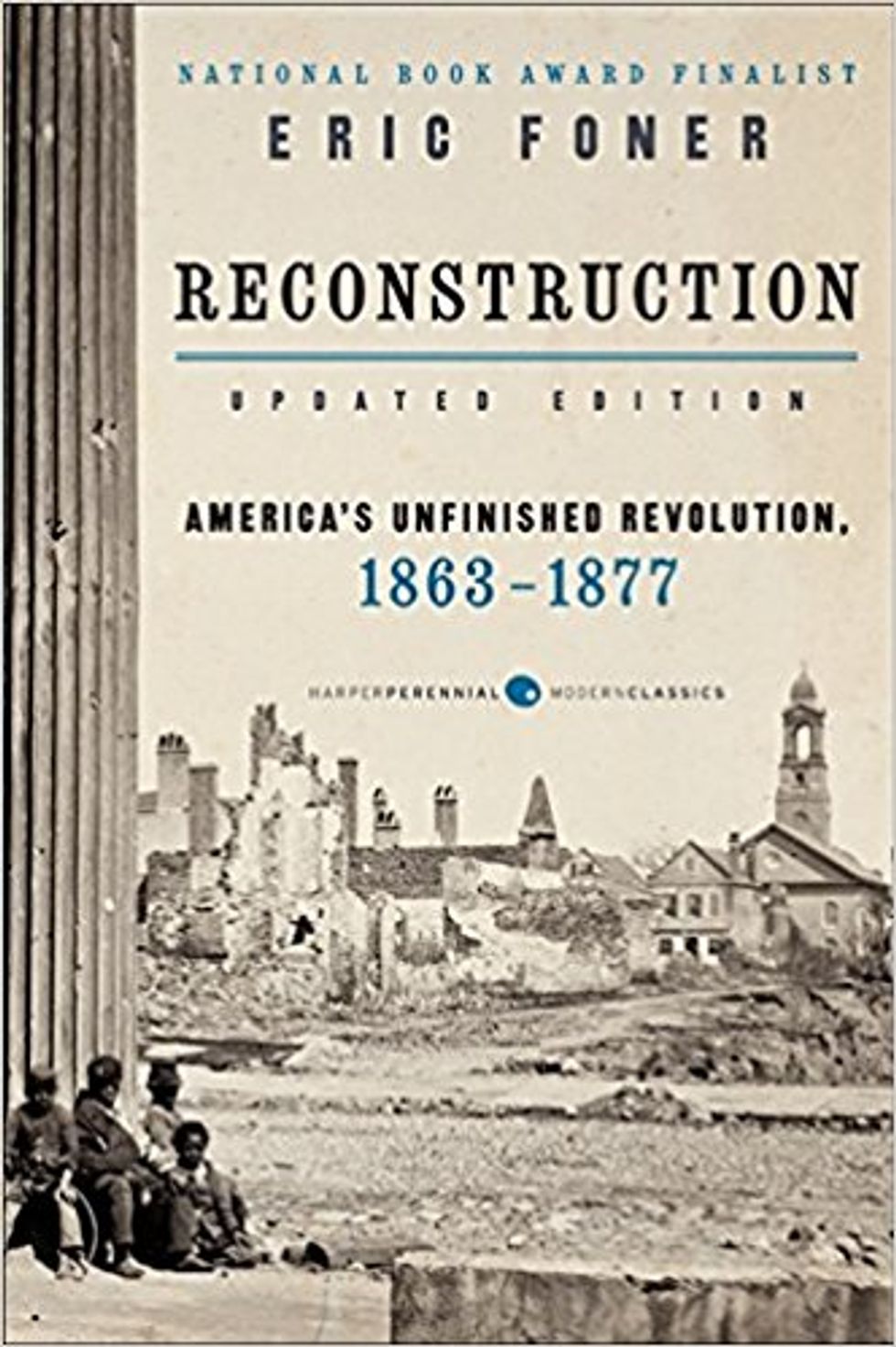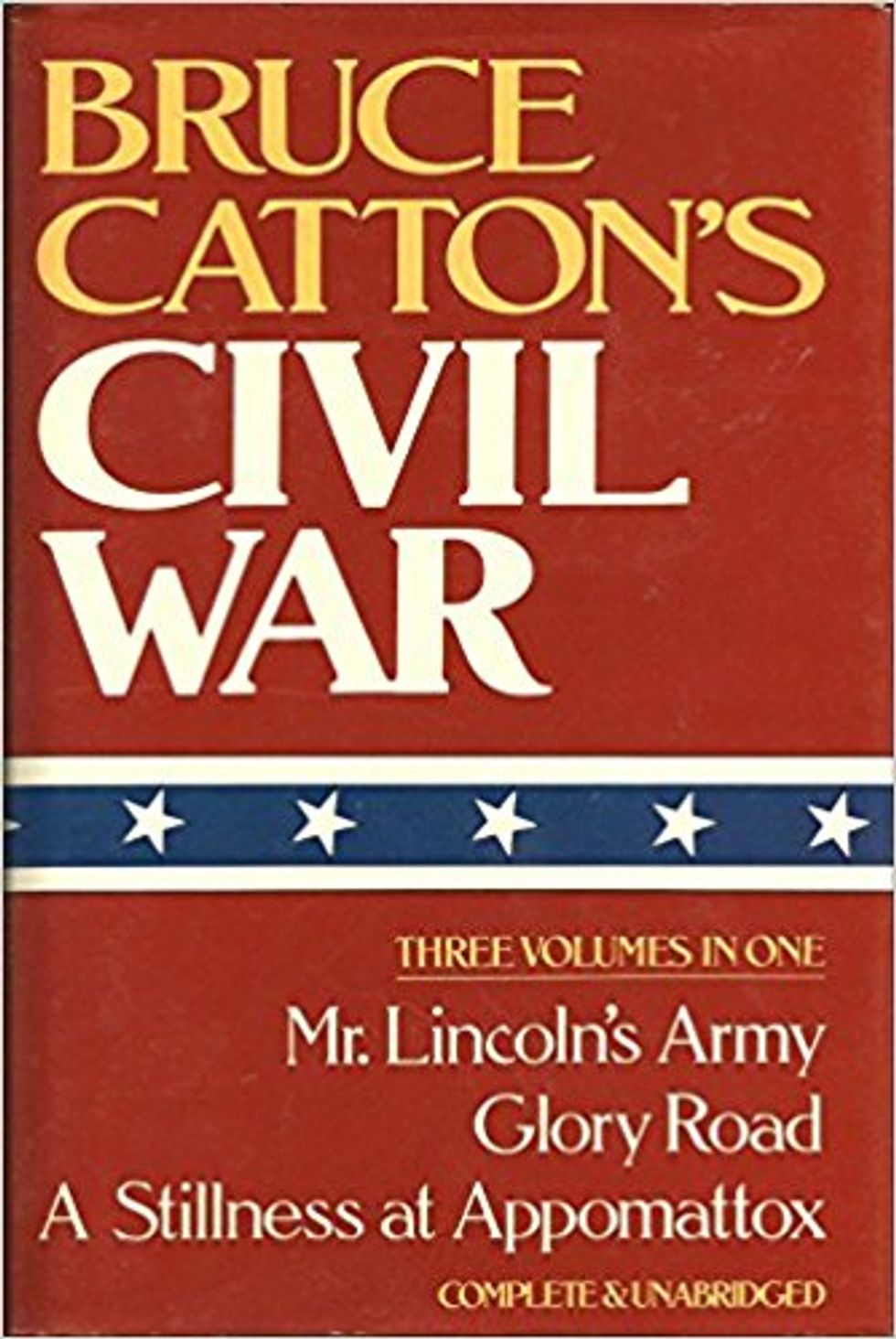1. Battle Cry of Freedom by James McPherson
If you want to know about the Civil War but only want to read one book, this is the book to read. Published in 1988, McPherson's magnum opus won the 1989 Pulitzer Prize for History. In roughly 900 pages, McPherson brilliantly captures the Civil War Era discussing the military, politics, economics, and society. Battle Cry of Freedom is a part of the Oxford History of the United States series. The other books in this series are also worth checking out.
2. Apostles of Disunion by Charles Dew
Published in 2001, this short book was yet another compelling argument that the cause of the Civil War was indeed slavery. It was surprising that in 2001 people still debated the cause, and it is even more of a surprise that people are still debating after this book was published. Dew's book is 144 pages and his argument is pretty undeniable. Southern Secession Commissioners tried to persuade other slave states to secede, arguing that it was the only way to preserve slavery.
3. Race and Reunion by David W. Blight
Before voicing an opinion on Confederate Monuments read Blight's book. Blight's book explains why historians are still dealing with the Lost Cause. White reconciliation after the war came at the expense of free blacks and former slaves, who were promised rights after the war but were given Jim Crow.
4. The Fiery Trial by Eric Foner
When people judge Abraham Lincoln, they often pick one quote from one moment in his life and claim that the quote encapsulates the man. Eric Foner would argue that Lincoln is defined by his ability to change his mind and this is never more apparent than his views on slavery. This is not a traditional cradle to grave biography of Lincoln. For that, read Lincoln by David Donald, A. Lincoln by Ronald White, or Abraham Lincoln: A Life (Volumes 1 and 2) by Michael Burlingame.
5. Fighting for the Confederacy: The Personal Recollections of General Edward Porter Alexander edited by Gary Gallagher
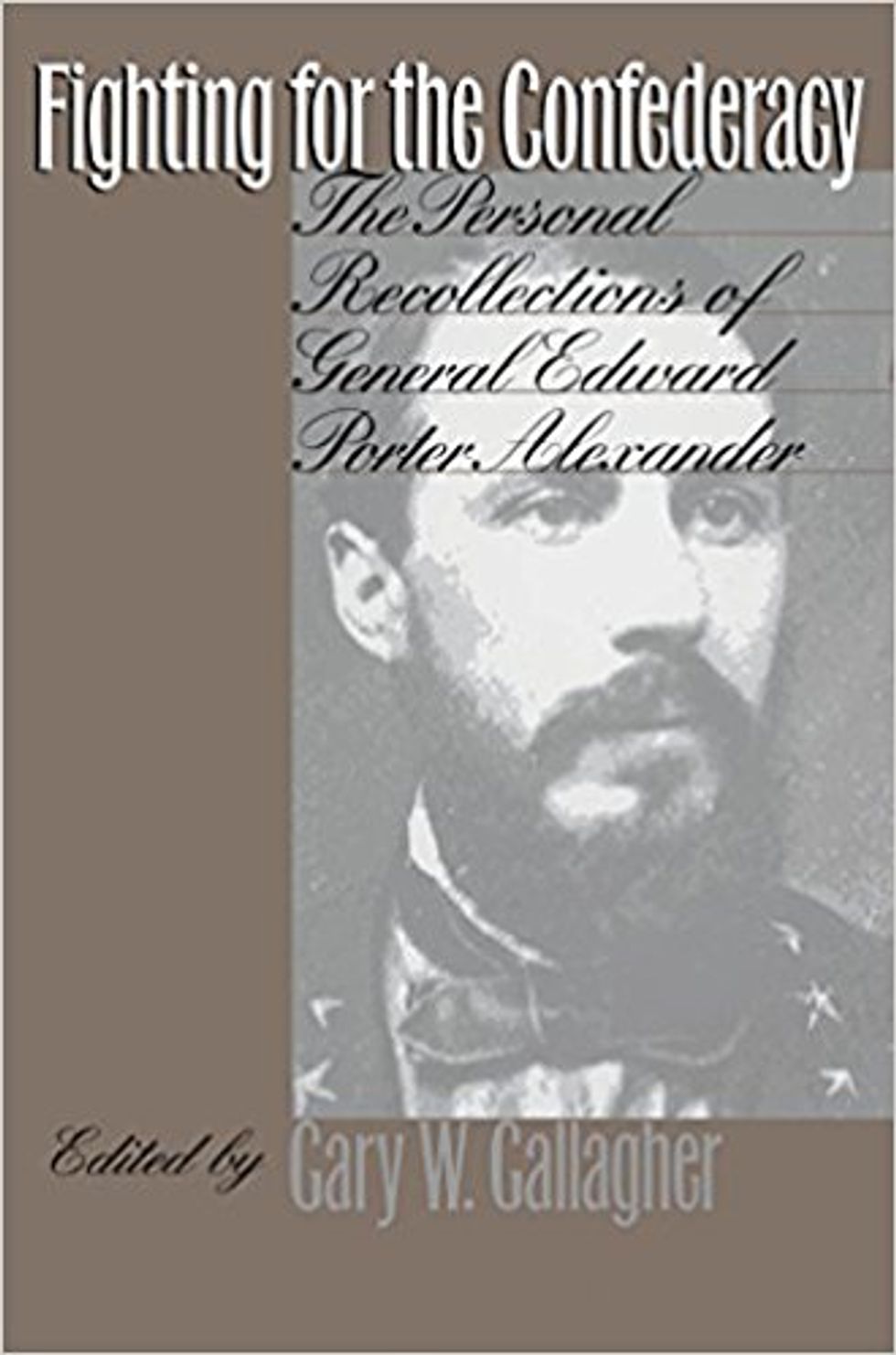
Edward Porter Alexander wrote two memoirs, Fighting for the Confederacy as well as Military Memoirs of a Confederate. Although both provide useful information, Alexander did not intend for Fighting for the Confederacy to be published, so he is a lot more honest. Alexander served in almost every major campaign in the Eastern Theater as well as the Knoxville campaign in the West. This is considered one of the best first-hand accounts of the war, especially by a Confederate.
6. The Personal Memoirs of Ulysses S. Grant edited by John Marszalek
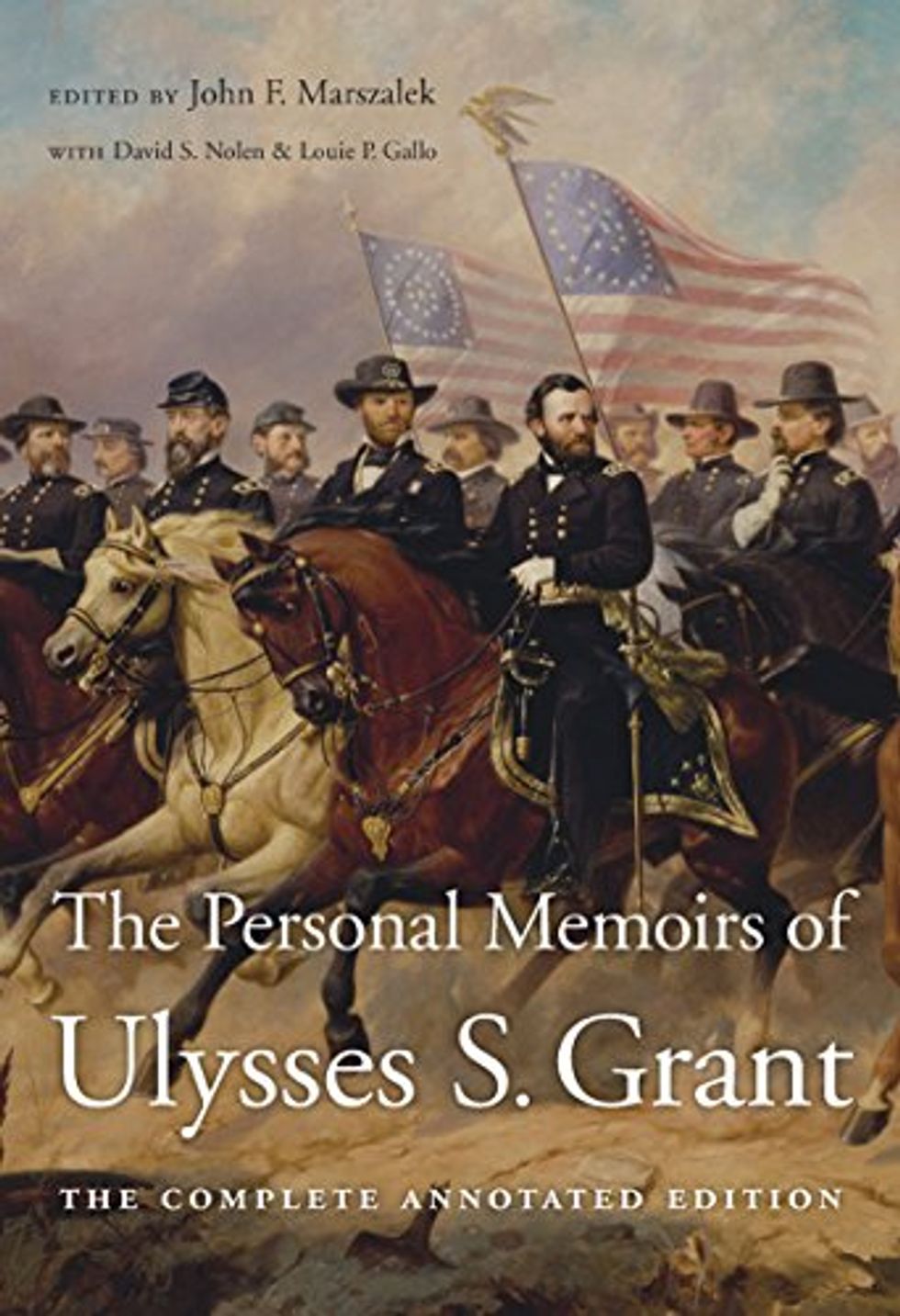
While Edward Porter Alexander's memoir is one of the best memoirs of a Confederate, Ulysses S. Grant's memoir is one of the best military memoirs of all time. Grant finished his memoir days before his death from throat cancer, hoping that the earnings would help his family. What better way to know how the war was won than from the man who won it.
7. Freedom National by James Oakes
What was the most significant outcome of the Civil War? The destruction of slavery in the United States. James Oakes' book is the most recent treatment of how the slavery was ended during the war. It goes against the argument that the first half of the war was about preserving the Union and not until the Emancipation Proclamation was it about the abolishment of slavery. Oakes argues that Republicans always wanted to end slavery, but southern secession expedited their motives.
8. This Republic of Suffering by Drew Gilpin Faust
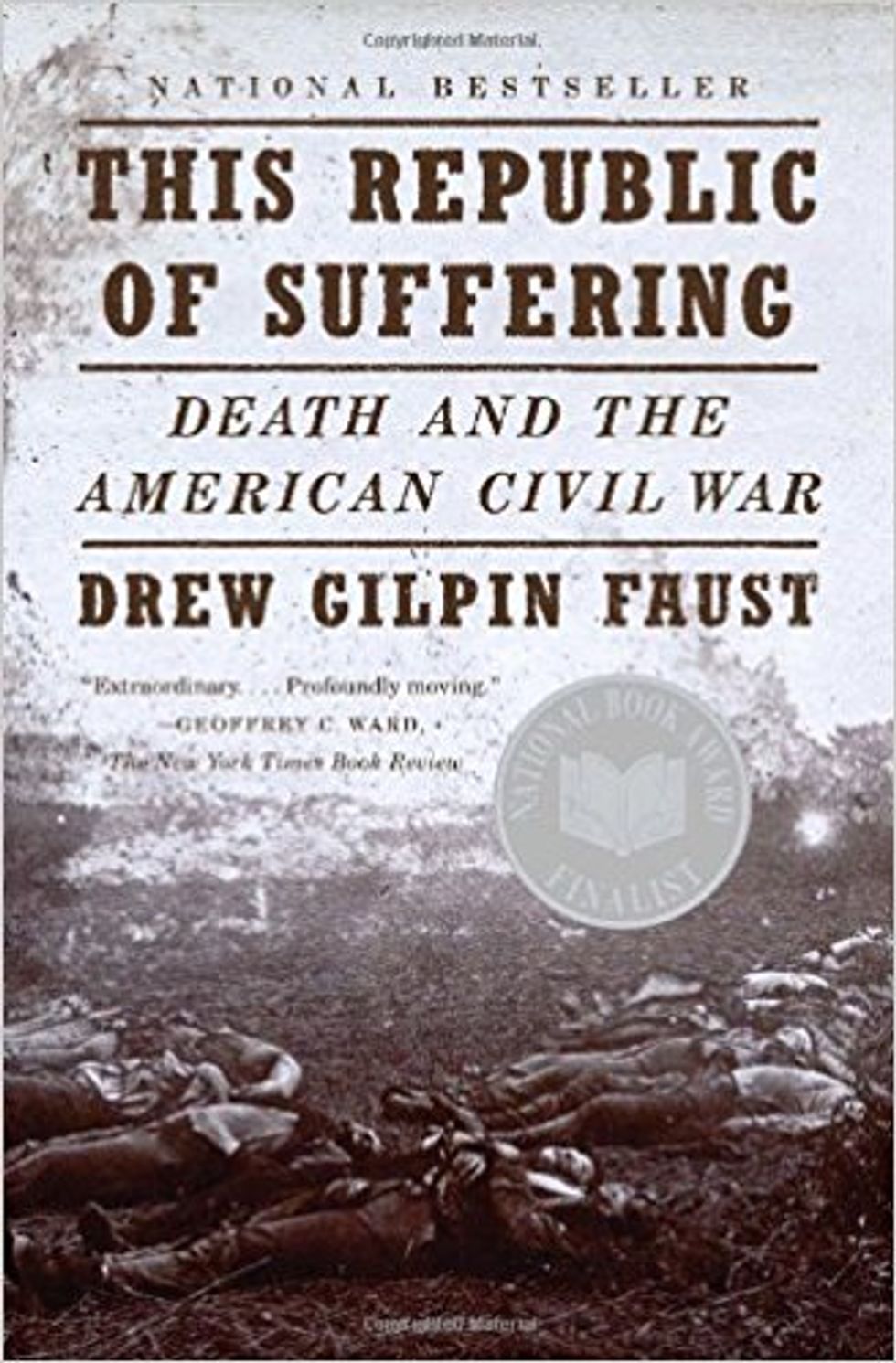
The iconic number of military deaths during the Civil War is often cited as 620,000, which is the more than any other U.S. war combined. Recently, historians have estimated that it could be as high as 750,000. Faust's book discusses how both Union and Confederates dealt with such an unprecedented amount of death.
9. Reconstruction: America's Unfinished Revolution, 1863-1877 by Eric Foner
Understanding of the Civil War should not be confined to 1861 and 1865, and probably the most misunderstood period in the history of the United States is Reconstruction. Eric Foner is the authority on the Reconstruction era, and his book overturns the common understanding of Reconstruction, which is largely incorrect.
10. Bruce Catton and Shelby Foote
For those who are only interested in military campaigns with the occasional discussion of politics, Bruce Catton and Shelby Foote are your go to. Shelby Foote is famous for his three-volume Civil War Narrative and his appearance in Ken Burns' The Civil War. Although his narrative is good, it is very clear that he has a southern leaning.
If you want a similar narrative style (I actually think it's better) but a slightly northern bias, read Bruce Catton. He is most famous for his Army of the Potomac Trilogy and his Centennial History of the Civil War Trilogy. Both Catton and Foote gloss over slavery (Catton less so) and focus on the bravery of the men who fought the war.


